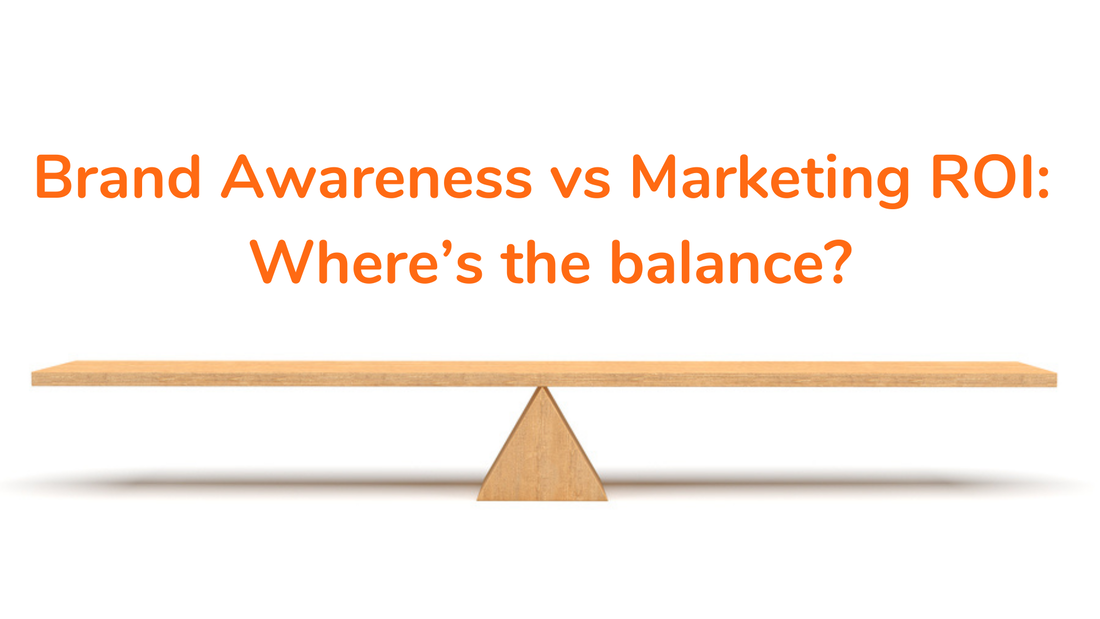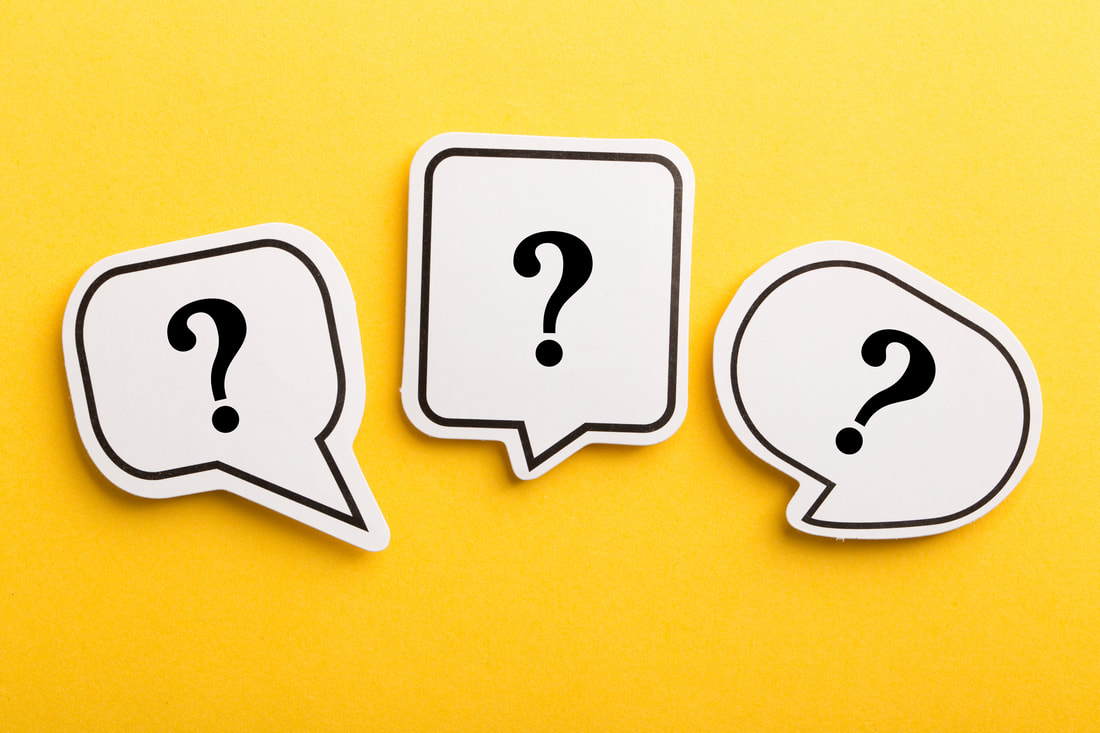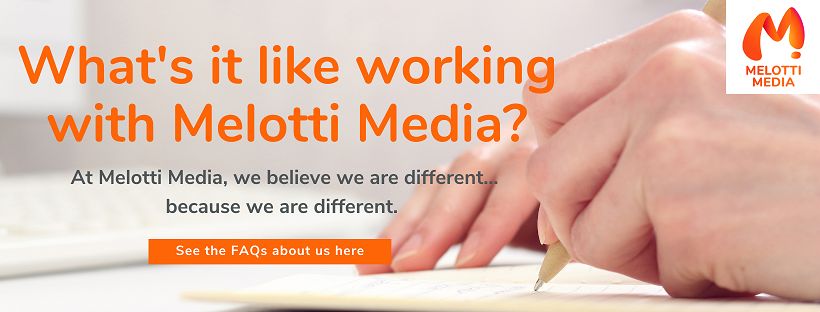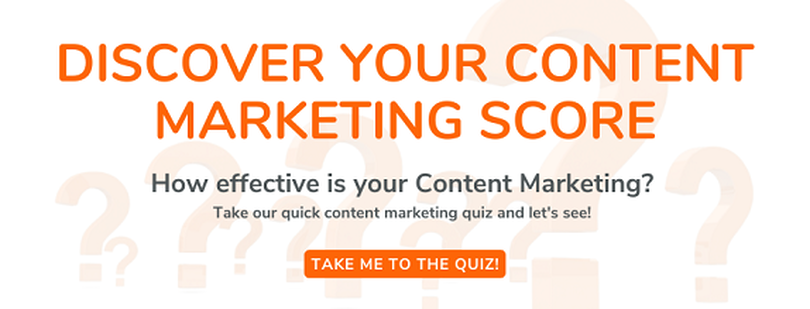Do you often find yourself trying to justify the power of brand awareness and how it translates into measurable sales? We’ve all been there.
Every brand needs to make people aware of its existence.
That’s because no one buys what they don’t know about and don’t understand. That’s the undeniable importance of brand awareness marketing campaigns.
The goal of Marketing campaigns is to produce a Return On Investment (or ROI) so that every dollar invested produces more back in returns, revenue and profit as a result.
Both of these make perfect sense and are the basics of marketing practise.
The problem is, Brand Awareness campaigns have a reputation for being “necessary but not profitable”, meaning that there seems to be an ongoing need to balance them both, to find out how to make people aware while still producing measurable results.
In other words – compromise.
Let’s discuss this in more detail and see if we can find the sweet spot between the two.
Prefer to listen, rather than read? Here’s the Podcast summary!
What is brand awareness?
Brand awareness is the marketing practise of introducing people to your brand, your products and your services. It’s exactly as the name suggests.
The most common and most effective ways to boost brand awareness are:
– Referral programs
– Influencer marketing
– SEO and content marketing
– Paid advertising
– Partnerships with relevant brands
The reality is that no one buys from a business they don’t know exists. You may be the best on the market and have a revolutionary approach, but all of that stuff comes second to someone actually being aware of you in the first place.
Typically speaking, brand awareness revolves around transitioning strangers into informed and interested potential customers, initiating the customer journey process towards conversion into paying customers and (hopefully) loyalty.
Once someone is aware of your brand, it literally kickstarts the customer journey.
Anything can really constitute towards brand awareness, from general social media posts to full paid advertising campaigns, but the goal of these initiatives is to introduce people to the brand using top of the funnel content – that is, nothing too extreme or pushy.
It’s more about introductions and allowing your ideal potential customers to learn more about their own pain points with the goal of eventually presenting your solution as a relevant answer to their challenges (middle to lower-funnel content).
That’s all well and good.
But does brand awareness earn a Return On Investment?
Yes.
That’s the overall answer.
So why is there a debate over this? Well, it’s because, for years, businesses from all different industries and of all different sizes have noticed that trying to simply introduce an audience to their existence is:
- Slow
- Cumbersome
- Overwhelming
- Challenging
And, as a result, hard to show that brand awareness can be a profitable marketing endeavour.
Worse is – there are so many ways to raise brand awareness and it can be hard to attribute it to if it had an actual impact on return on investment.
An example: brand awareness on the radio
Have you heard on the radio the announcer saying, “this segment is sponsored by Acme Tyres. Alright, on with the game!”.
This is a general type of brand awareness.
However, I know as a professional Marketer, that I’ve found myself wondering: “that probably cost them $10,000… and it was just a quick mention. How is that going to work?”
This is the issue.
How does Acme Tyres know that this quick mention is getting the result? Their name goes out along the airwaves to a huge audience and they just have to hope that it’s working! This makes measuring ROI really hard.
But, we also know it would work. That segment is on every day, and audiences hear it over and over. This is how this particular brand awareness campaign would yield results – albeit is hard to analyse.
What’s the alternative then?
Well, NOT branding. However, the pulling power of a brand is undeniable.
- Do you need transport? Uber.
- How about toy building blocks? Lego.
- And if you’re thinking of searching online, Google.
- What about a new phone? Apple or Samsung.
The brand recall is powerful and definitely not accidental.
This is the result of years of painstaking brand awareness and maintenance campaigns – but it has made them very valuable brands.
Case study: Slack and the importance of brand
Business tech is a hugely growing global area.
With remote working becoming a trend that’s here to stay, there are a lot of workplace messaging tools to encourage digital collaboration. While Microsoft, Facebook, Google and Skype all offer something similar, Slack is cutting through the noise and getting noticed.
It was recently valued at over $5 Billion and growing.
Why? Because it has great brand awareness initiatives that position it as the fresh, hot and trendy start-up tech. As a result, people forego the other, more plain alternatives for Slack.
They run brand awareness campaigns across socials, podcasts and multimedia platforms to exemplify its positioning and attract greater numbers of its target market who are looking for cool and innovative tech. But this has also been noticed by investors who are seeing how this brand awareness is creating financial value for the brand itself.
Now we can see ROI together with brand awareness.
But these are huge brands. What about mine?
Yep, so you’re thinking: I don’t have billions to spend and I need to justify the power of my brand campaigns to Management.
Well, you can often prove the existence of something by looking at the opposite – no brand awareness. And as I mentioned before, people don’t buy from brands they don’t know or can’t relate to.
We’re living in a suspicious time where people don’t just trust a brand outright. It takes from 5 to 12 “touchpoints” to gain enough familiarity. So, if you’re not out there making introductions, then you’re going to be that brand in the shadows, overshadowed by brands who do invest in brand awareness.
Ask yourself: are your competitors conducting brand awareness? Where has that got them in comparison to you?
The challenge between Brand Awareness campaigns and ROI
So, what’s the answer?
I believe that brand awareness shouldn’t just be seen as separate from something that earns a return. The reality is, branding campaigns do earn an investment but it isn’t just easily correlated with the numbers.
For instance, at Melotti Media, we work very hard on our social media marketing.
Our daily posts and content do get a lot of traction and are seen by thousands a day. However, we have been working on these for years and each day takes considerable work. Additionally, we can’t attribute this to any sales directly other than a direct enquiry.
However, the usual path is:
- People see a social media post or two
- They click on a link and it leads to a website
- They have a look around our Melotti Media website and learn about us
- Brand awareness is starting to solidify here
- Then either convert or leave
- But then they either get remarketed to or they see more social media posts
- They sign up to our newsletter
- Then they contact us, convert and become a happy customer
See how it’s hard to link step one (the initial brand awareness initiative) to step eight? However, this is the typical journey.
But, as marketers, we need to look at how we can do just that to see that brand awareness vs ROI doesn’t have to be a compromise but actually something that goes hand-in-hand, so long as we have a way to connect them both effectively.
That’s through Brand Awareness ROI measurements.
What is Brand Awareness ROI?
Brand awareness ROI is the ability to track ROI from your brand-building marketing campaigns.
First things first is to establish that, unless you use a complicated, cascading mathematical model to analyse the transcending value from the first touchpoint to conversion, you’re not doing to find a direct way to explain that $1 of Brand Awareness equals $2 of ROI.
However, you can try these steps:
- A Brand’s Financial Value
Every brand should be looking at their brand’s equity and monetary value. It’s included in many profit and loss statements, and there are a lot of service providers like Interbrand that can assess your brand’s financial value.Brand awareness is a significant contributor towards this and so, this can help you determine the financial impact of brand awareness.
- How a customer values your brand
How much a customer is willing to pay for your difference is another financial contributor towards brand awareness ROI. You could try good old fashioned primary customer research, such as surveys and questionnaires, or the Net Promoter Score as great ways to quantify the value of your brand.
- Crack out the brand metrics
Brand awareness campaigns have a direct influence on metrics such as:– Branded search volumes
- Google Trends data
– Brand name mentions
– Share of voice
– Share of impressions - Organic Leads
When you’re conducting brand awareness campaigns, I have found that, if we track the amount of enquiries and leads which come in without any direct payments (like via Google Ads), that’s a great way to measure brand awareness ROI.For instance, seeing how Melotti Media’s organic social media posts get people contacting us directly through the messenger, or how many enquiry forms come through on our general services pages.
- Track ROI through Digital Platforms
The beauty of a lot of these digital platforms, like Facebook and YouTube, is that they actually provide your business account with stats and data around conversions. So, you can get an ROI measurement out of this.For example, Facebook shows you how many times people have clicked your “Contact” button on the profile and LinkedIn shows how many people have taken action. This can help you put results into perspective.
- Bridge the gap with Brand Awareness KPIs
This is a really effective one! Instead of thinking dollar in, dollar out, perhaps relate your brand awareness campaigns to more easily available stats like KPIs.As an example, say: “I’m running social media posts every week for the next 6 weeks. During this time, I expect to get a rise in followers by X%, engagement by X% and so on.” Then, you can lay the foundations for how these KPIs make a valuable, financial impact.
For instance, by achieving this KPI, it’s expected to attribute $XX based on historical data, equating to $xx is sales and XX in client conversions.
2 Considerations when assessing your brand awareness
- Just remember that brand awareness takes time. It’s not a once-off practice and it just happens. It needs to be ongoing and evolving to keep that awareness up.
- Also, remember that content marketing powers a lot of your brand awareness campaigns. So it’s important to be looking at your library of messages, blogs, videos and podcasts to ensure that it is earning attention and worthy of your audience’s time.
How to take brand awareness to the next level
There’s more to brand awareness than just being present everywhere.
Unfortunately, many businesses view brand awareness as simply an opportunity to put their logo on as many things as possible and hoping that it sticks. Sure, you want to aim for multiple touchpoints, but then when they’ve hit their mark and they’ve acknowledged you, you need to earn their trust, respect and attention.
This is where, what I callbrand relevance comes into place.
For a brand to really set itself apart, you need to be telling great stories in your campaigns, backed by a strong brand purpose, and building brand equity in crowded markets.
Brand awareness or brand relevance
My personal opinion on brand awareness is that it isn’t quite enough today for people to just be aware of your brand. You need to spend resources highlighting the relationship between your ideal customer’s need and your product, in a way that makes you worthy of being part of their life.
For example, brand awareness is saying “we’re Solar Brand X. If you need solar panels on your house, we can help.”
Brand relevance is, “we understand you’re concerned about your growing power bills and, with your family growing along with it, these bills are only going to increase. You are also concerned about your carbon footprint. Well, at Solar Brand X, we guarantee that, with our solar panels, your ongoing bills will at least be 60% cheaper, and you’re reducing your carbon footprint by 10 tonnes of CO2 a year.”
Sure, it’s longer. But this not just makes them aware of you. It gives them a reason to care.
Brand relevance doesn’t just make them aware of you. It gives them a reason to care about you. Because you care about them.
How Can Melotti Media Help You?
To engage your customer and achieve ongoing business success today, you need a powerful message, quality copywriting and consistent content. However, this is easier said than done.
Perhaps you’re time poor and spread thin, or writing may not be your expertise.
So, let us take care of your message marketing, copywriting and content marketing needs!
For more information or to speak to a quality marketing copywriter to get the results your business deserves, contact me now at enquire@melottimedia.com.au.
Our Message Marketing services can sharpen your words to achieve your goals, today.
Christopher Melotti
Melotti Media | Copywriting & Message Marketing Bureau
www.melottimedia.com.au
















